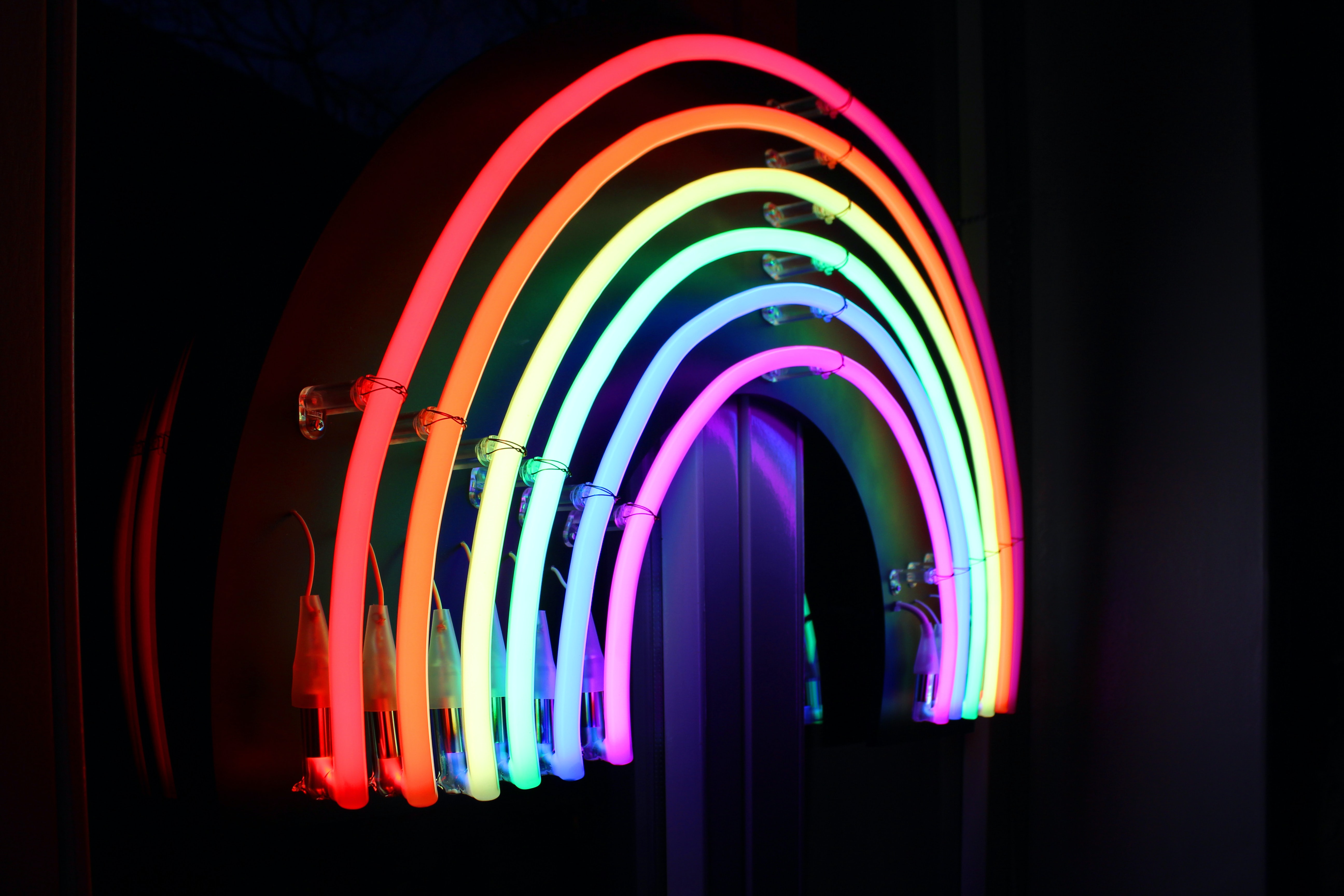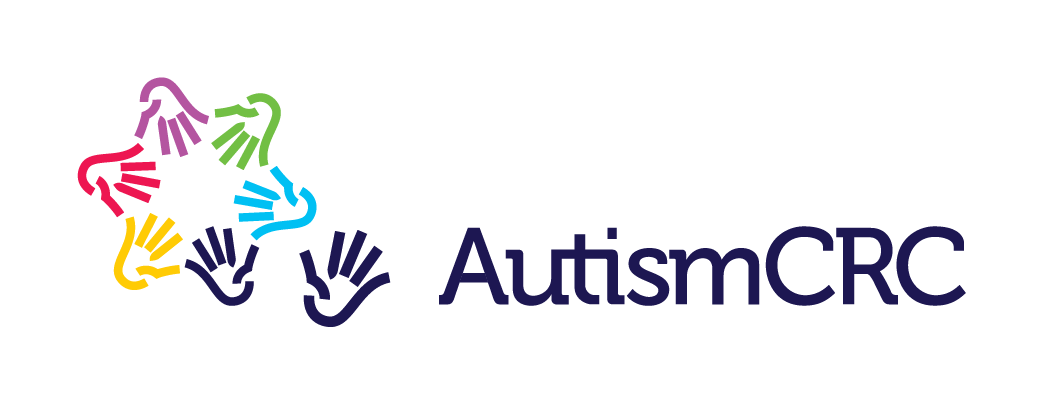Being LGBTIQA+ and autistic

Key points
- LGBTIQA+ stands for Lesbian, Gay, Bisexual, Trans, Intersex, Queer, Asexual - and other sexual orientations and gender identities that are not straight and/or cisgender.
-
In Australia, discriminating against someone because they are LGBTIQA+ is against the law.
-
If you experience discrimination, there are a number of services that can help you, including KidsHelpline, eHeadspace, Lifeline, QLife, and the Australian Human Rights Commission.
What does LGBTIQA+ mean?
LGBTIQA+ stands for Lesbian, Gay, Bisexual, Trans, Intersex, Queer, Asexual - and other sexual orientations and gender identities that are not straight and/or cisgender. The Australian Department of Health estimates up to 11% of the population identify as LGBTIQ+, and that doesn't include people who are currently questioning their sexual orientation or gender.
How many people are autistic and LGBTIQA+?
Studies are still limited, but emerging research shows that autistic people are actually more likely to identify as LGBTIQA+ than the general population. One recent study showed that 70% of autistic people identified as non-heterosexual and another study showed that 11.4% of autistic adults wished they were 'the opposite sex'. This was more than double the rate of the general population surveyed.
What are my rights at school and work if I'm LGBTIQA+?
Just as it's your right to not experience harassment or discrimination at school or work for being autistic or having a disability. It's also your right not to experience harassment or discrimination if you're LGBTIQA+. Every State and Territory in Australia has its own laws to protect LGBTIQA+ people from discrimination, but there is also national law called the Sex Discrimination Act. This means that discriminating against someone because they are LGBTIQA+ is against the law.
Discrimination can take a lot of different forms, including:
- bullying or exclusion based on gender identity, sexual orientation or intersex status
-
asking inappropriate questions about gender identity, sexual orientation or intersex status
-
'outing' you by telling someone else your sexual orientation, gender identity or intersex status without your permission
-
continually and deliberately using the wrong pronouns or name for you after you've explained what name and pronouns you like others to use for you
-
not allowing you to use the bathroom that best fits you and your gender identity
What can I do if I experience discrimination at school or work?
If you experience discrimination, it's important to remember that you're not alone and that you deserve to be able to go to school and work while feeling safe. If someone discriminates against you, you can talk to the person, but you might not feel safe doing so. If that's the case, you have different options if you experience discrimination, including:
- calling a counselling service such as KidsHelpline, eHeadspace, Lifeline or QLife if you feel upset and need to talk
-
talking to and getting support from people you trust - this could be a family member, friend, teacher, manager or your human resource department
-
you can make a complaint to the Australian Human Rights Commission - particularly if your school or work are unwilling to assist you
- if the situation feels unsafe, you can call the police. If it's an emergency you can call 000; otherwise, you can call the Police Assistance Line on 131 444 for advice.
More information
Some great resources on being LGBTIQA+ include:
- LGBTIQA+: The Ultimate Dictionary - A list of different terms used by the LGBTIQA+ community provided by KidsHelpline
-
Sexual Identity - A guide to sexuality and different attractions and relationships provided by KidsHelpline
-
Gender Identity - A guide to gender identity provided by KidsHelpline
-
LGBTQIA+ Support Services - A list of LGBTQIA+ support services both local and national compiled by ReachOut
- QLife's Referral Database - A list of services and information to help LGBTIQA+ included crisis support, information on events, health and legal services, and more hosted by QLife.
Information in this article came from:
-
George & Stokes (2018). Sexual Orientation in Autism Spectrum Disorder. Autism Research, 11(1), 133-141.
-
van der Miesen, A., Hurley., H.,, Bal, A., de Vries, A. (2018). Prevalence of the Wish to be of the Opposite Gender in Adolescents and Adults with Autism Spectrum Disorder. Archives of Sexual Behaviour, 47(8), 2307-2317.
-
KidsHelpline (2019). Accessed 3 April 2020, from: https://kidshelpline.com.au/young-adults/issues/sexual-identity

